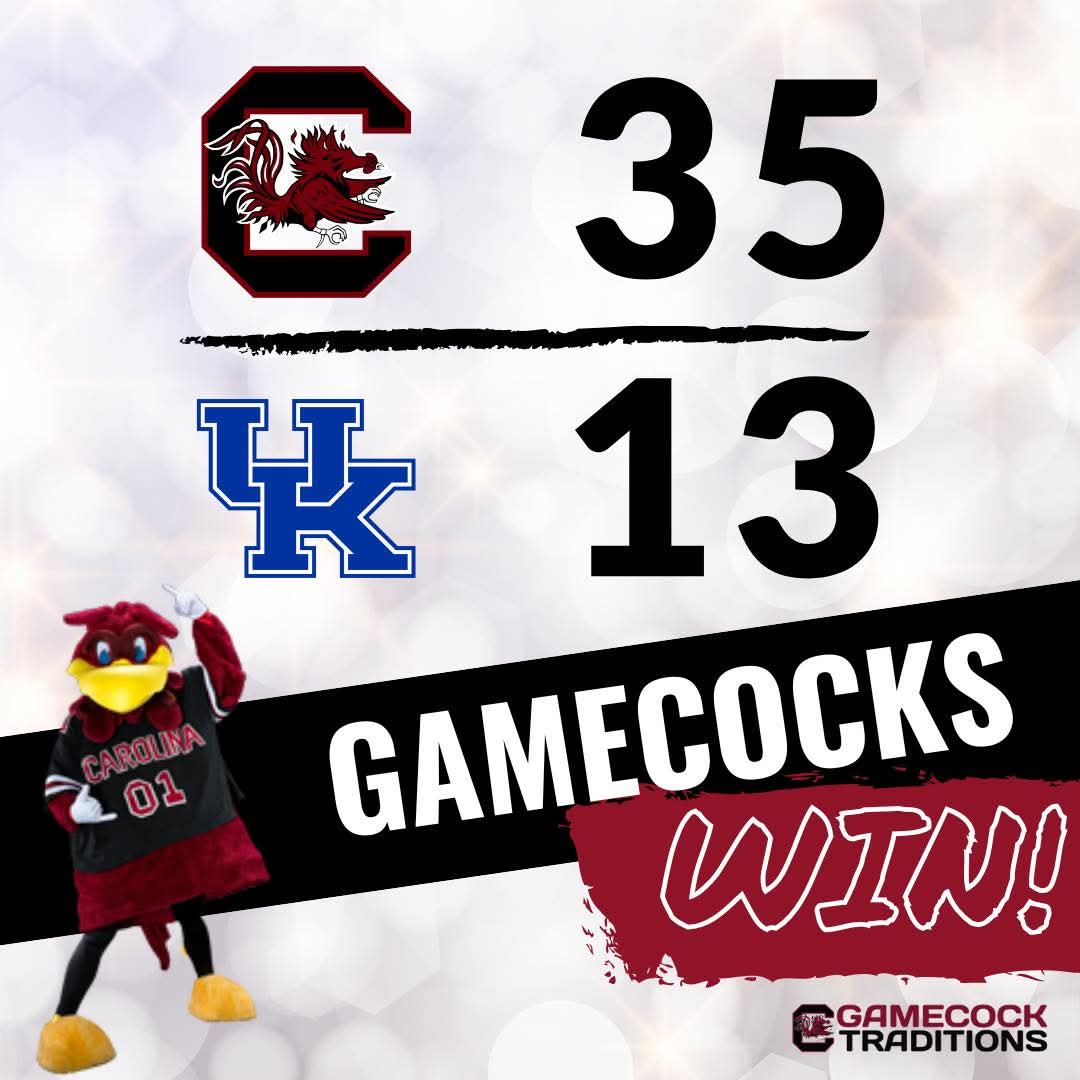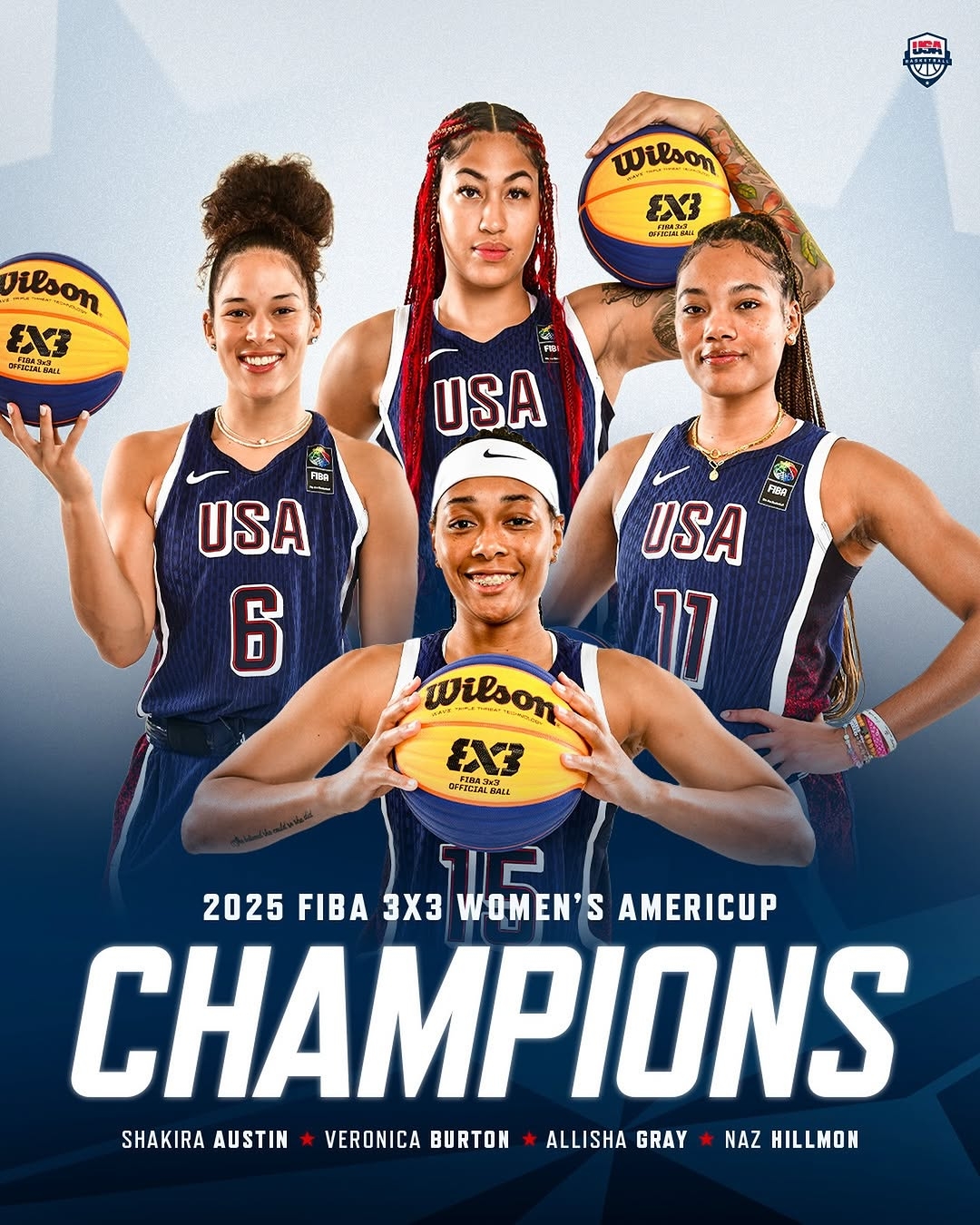South Carolina women’s basketball head coach Dawn Staley says she’s fully on board with the new era of player compensation — but she admits it comes with challenges that require careful management.
Speaking on the national podcast IMO with Michelle Obama and Craig Robinson on Wednesday, Staley revealed one of the measures she’s put in place to keep things running smoothly in the age of revenue sharing: non-disclosure agreements for her players.
The NDAs are meant to keep athletes from sharing details about what they earn from NIL deals or revenue-sharing payments with each other. For Staley, it’s a way to prevent money from disrupting team chemistry.
“I think I do all my talking to the agents,” Staley explained. “This is what it is. And I tell our players, too, I do make them sign NDAs about what they get. Now, whether they can stick with that or not, some of them get disgruntled and maybe transfer and just say what I was making, and then it could stir up the pot. But I’m very honest, and I’ll tell them, ‘There’s a reason why you get paid this, and you get paid that,’ right? And I’ll explain that to them.”
Staley, believed to be one of the only head coaches at South Carolina to directly oversee her program’s NIL business, said the process is helped by the fact that several players share the same agents. So far, she said, no conflicts over pay have caused problems in the locker room — adding a quick “knock on wood.”
Navigating the Revenue Sharing Era
The new revenue-sharing model officially began July 1 following the House vs. NCAA settlement, allowing schools to pay up to $20.5 million per year directly to athletes, in addition to NIL money. How that money is divided is left up to each school, though reports suggest at least 70% will go to football at Power Five programs.
South Carolina hasn’t disclosed its own breakdown, but Staley has been vocal about wanting a bigger slice for women’s basketball. She said she stays within her program’s budget but uses creative strategies to boost player earnings.
“I don’t over-promise,” Staley said. “I stay within the budget, the revenue share budget that we have. I do some innovative things as well to help our players out in this space. We play games for money, and that money goes directly to our players, things like that.”
One example is the Gamecocks’ participation in the Players Era Women’s Championship, a multi-team event in Las Vegas during Thanksgiving week. South Carolina will face Duke and either Texas or UCLA, and the event guarantees at least $1 million in NIL opportunities each year the team competes. The Gamecocks are locked in for 2025, 2026, and 2027, per a contract obtained by The State.
Supportive, But Seeking Balance
While she applauds the fact that players are now profiting more than ever, Staley said there needs to be more control to keep the sport in balance.
She cited an example of a little-used bench player entering the transfer portal and demanding $100,000 from South Carolina — then using that as leverage to negotiate $150,000 elsewhere.
“I think it’s long overdue. I do think it’s out of control as well,” Staley said. “We’ve got to find a way to balance, to keep it amateur, an amateur sport, while allowing young people to go out there and benefit. … Five years ago, it was all the NCAA benefiting, and it didn’t trickle down to the players. And now it’s a waterfall down to the players.”
For Staley, the mission is clear: embrace the financial growth for athletes while protecting the culture that has made South Carolina a national powerhouse.



